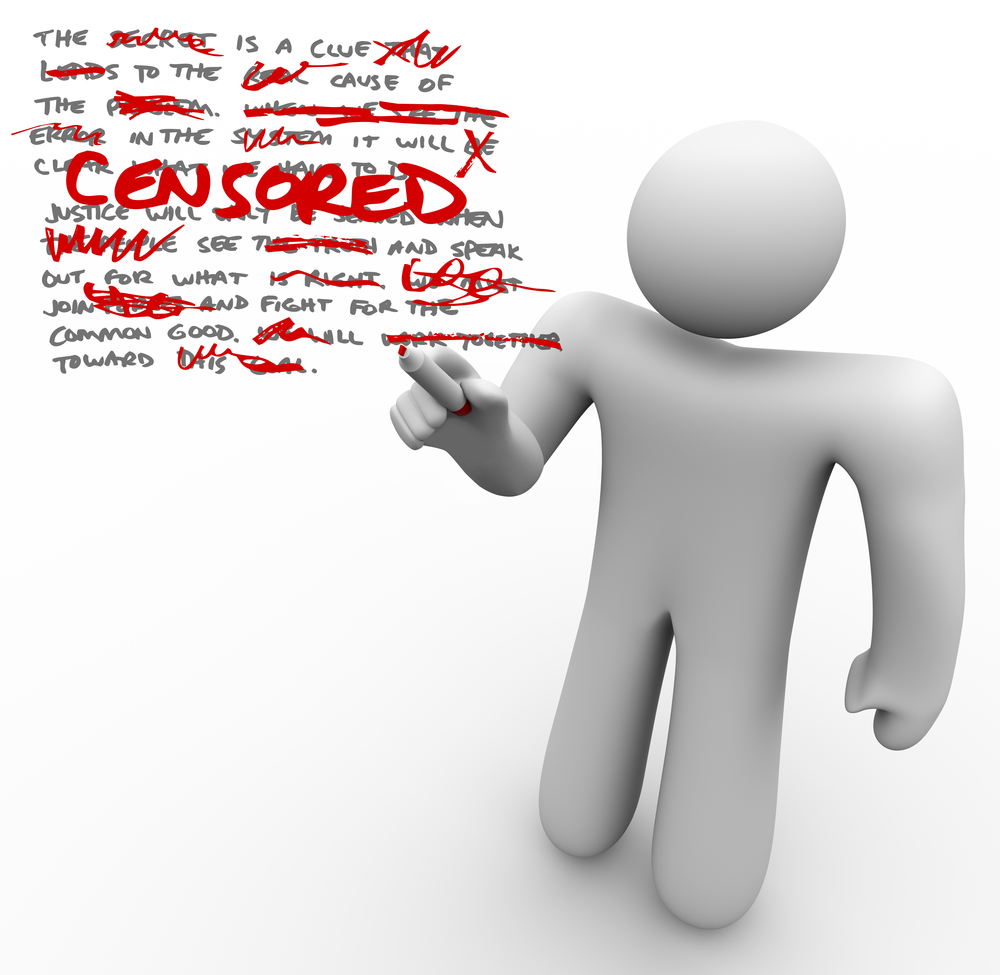
[playht_player width=”100%” height=”250″ voice=”Richard (en-US)”]
[dc]I[/dc]n February, California state senator Richard Pan (D-Sacramento) introduced legislation (SB-1424) that would require anyone who “operates a social media Internet website” with “a physical presence in California” “to include, among other things, a plan to mitigate the spread of false information through news stories, the utilization of fact-checkers to verify news stories, providing outreach to social media users, and placing a warning on a news story containing false information.”
In the words of the proposed bill, “social media” is defined “as an electronic service or account, or electronic content, including, but not limited to, videos, still photographs, blogs, video blogs, podcasts, instant and text messages, email, online services or accounts, or Internet Web site profiles or locations.”
While it is admirable to want a more truthful Internet, requiring formal fact-checking of all forms of social media, down to text messages, is unwieldy and intrusive and would likely be deemed unconstitutional.
While Senator Pan’s bill is quickly dying in the absence of any co-sponsor, it is the most blatant example of much more broadly-supported censorship that is waiting in the wings as both sides of the political divide frequently describe things that they do not agree with as “fake news” and express a desire to make it impossible to disseminate it. Since Twitter, Youtube, Google, and Facebook are based in California, the bill could make it impossible for users to share news without going through an onerous vetting process.
Last October, President Donald Trump tweeted, “With all the Fake News coming out of NBC and the Networks, at what point is it appropriate to challenge their License? Bad for country!”
With all of the Fake News coming out of NBC and the Networks, at what point is it appropriate to challenge their License? Bad for country!
— Donald J. Trump (@realDonaldTrump) October 11, 2017
At the time, CNN commented that, “What Trump is suggesting here is that the Federal Communications Commission needs to examine its licensing procedures for major news networks because what they are reporting is not to his liking. The coverage isn’t positive enough for Trump, so he wants some sort of punitive action doled out.”
Later last fall, during a U.S. Senator Diane Feinstein (D-CA) told the top lawyers of Facebook, Google, and Twitter in the context of allegations that Russia used social medial to advertise during the 2016 elections that, “You created these platforms…and now they’re being misused. And you have to be the ones who do something about it—or we will.”
.@SenFeinstein: You’ve created these platforms & now they are being misused and you have to be the ones to do something about it or we will. pic.twitter.com/ASgi1o2A9M
— CSPAN (@cspan) November 1, 2017
Yesterday, Senator Ted Cruz, whose campaign was reportedly a client of Cambridge Analytica, which according to brought up Diamond and Silk, a pair of Trump supporters whose Facebook page was recently taken down because, in the words of Facebook statement, “The Policy team has come to the conclusion that your content and your brand has been determined unsafe to the community.” Cruz stated, “I would say that there are a great many Americans who I think are deeply concerned that Facebook and other tech companies are engaged in a pervasive pattern of bias and political censorship.”
During the hearing, other senators described Facebook as a “monopoly” and implied that Facebook needs to police the content that users post more vigorously.
Zuckerberg said, “It’s not enough to just connect people, we have to make sure that those connections are positive. It’s not enough to just give people a voice, we need to make sure that people aren’t using it to harm other people or to spread misinformation.”
While promoting data privacy and protecting private information is certainly a good thing, the idea of making “sure that people aren’t using it … to spread misinformation” is ominously vague. There is already legislation preventing people from committing commercial fraud or using false pretenses to steal information or money. But what is less clear is whether it is okay to express an opinion about current events or to relay facts that have not been vetted by governing authorities who have a vested interest in making sure that certain things remain unknown.
Then there is a specter of international censorship, including the news last week that China has banned online Bible sales, and that an American-based company, Amazon, is complying with that order.
On top of this is the Trump administration’s tear-down of net neutrality, allowing ISPs to throttle and block certain websites. So as Facebook becomes a neutral “utility” the pipelines used to transmit all web traffic can control whether end-users see it at all.
Regulation of online speech is marching forward from both the left and the right, and it may only be a matter of time until free expression on the Internet becomes a thing of the past.

